What this major movie-comics deal means for the MCU
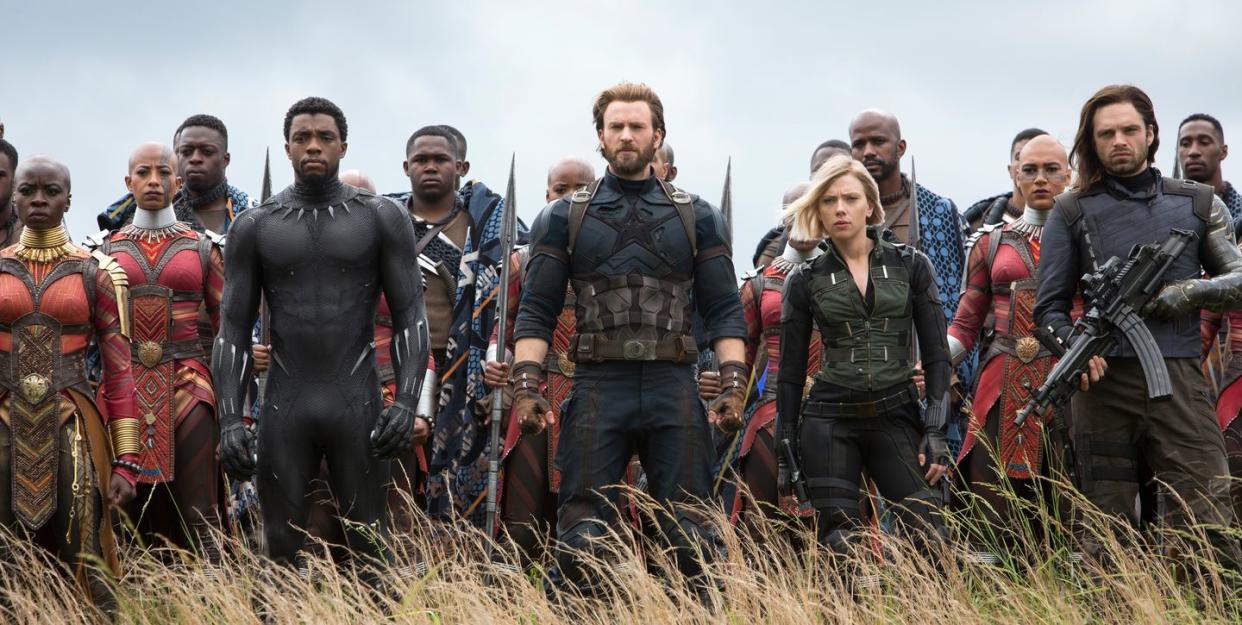
The superhero genre has gone from strength to strength over the last decade, with Worlds of DC and the Marvel Cinematic Universe spawning some of the biggest box-office successes of the 21st century. It’s no wonder other Hollywood studios was a slice of this lucrative pie.
Jumping into the ring is producer Steven Paul, who announced his acquisition of a majority stake in the Atlas Comics library at this year’s Cannes and has signed a first-look deal with Paramount to develop, finance, produce and distribute superhero flicks based on the books.
The Ghost in the Shell producer has also joined forces with Oscar-winning writer Akiva Goldsman and his Weed Road Pictures to hold the reins of a writers' room to pen the cinematic universe based on the Atlas collection.

Looks like their master plan is all coming together. The question now is, which heroes will they choose to lead the pack?
Before we get into that, let's delve into the history of Atlas Comics. The publishing label was launched in the '50s as a division of Martin Goodman’s Timely Publications, which later evolved into Marvel.
After Goodman sold off his shares in 1968 (to be run by his cousin, the late, great Stan Lee), he created Seaboard/Atlas Periodicals in 1974 to compete in the market that was, and still is, dominated by Marvel and DC Comics. The result was a collection of *cough* suspiciously familiar-looking new men and women in tights (more on that later).
Although the revived series was short-lived, it did birth a number of beloved characters – Tiger-Man, Wulf The Barbarian and Grim Ghost, to name a few – and spanned several genres, including sci-fi, fantasy and horror.
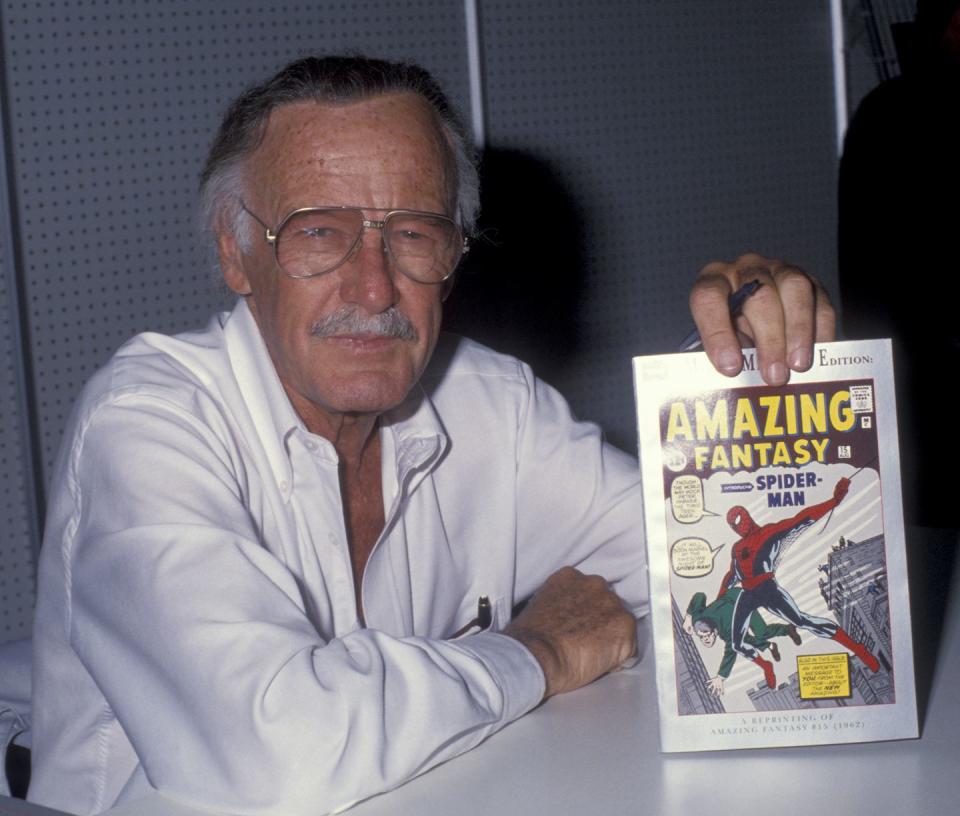
"What an opportunity that we have with the Atlas universe, which spans so many genres: superheroes, sci-fi, fantasy, supernatural, horror, creatures, vampires, cops, cowboys, soldiers," Goldsman told Deadline. "The breadth of this material is extraordinary."
This could certainly work in their favour in the wake of the rising popularity of multi-genre films (a la Brightburn).
One aspect that might work for or against the nascent cinematic universe is the brand's close ties to Marvel and its subsequent film series: Atlas (in its Timely days, before being incorporated into Marvel) was the birthplace of Captain America.

Paul and the Paramount bosses will have to swerve a whole host of characters (Captain America included) if they’re going to avoid any crossover and sticky legal issues.
Other personalities who started off at Atlas before it became Marvel and are, as such, a no-go area include Spider-Man (for obvious reasons), the Fantastic Four's Human Torch and potentially Namor the Sub-Mariner, who is rumoured to make his MCU debut in the Black Panther sequel.
There are a fair few whose names might need a revamp to avoid any lawsuits too – we're looking at you, Iron Jaw.
The big reveal didn't give anything away about who will be leading the new cinematic universe, although Deadline did state that imagery sent to them by those involved in the deal suggests the roster might feature the likes of Phoenix, Tarantula, Tiger-Man, Grim Ghost, Scorpion and Wulf the Barbarian.
These are big maybes, of course, especially since at the press conference Paul outlined how they're still counting the cape-wearers that they have the rights to.
What is certain is that they've got a lot of material here to play with. There's Phoenix, a short-lived character who later became The Protector – although with little source material to work with and a name that echoes the alias of the X-Men's Jean Grey, they’d need a serious rejig.
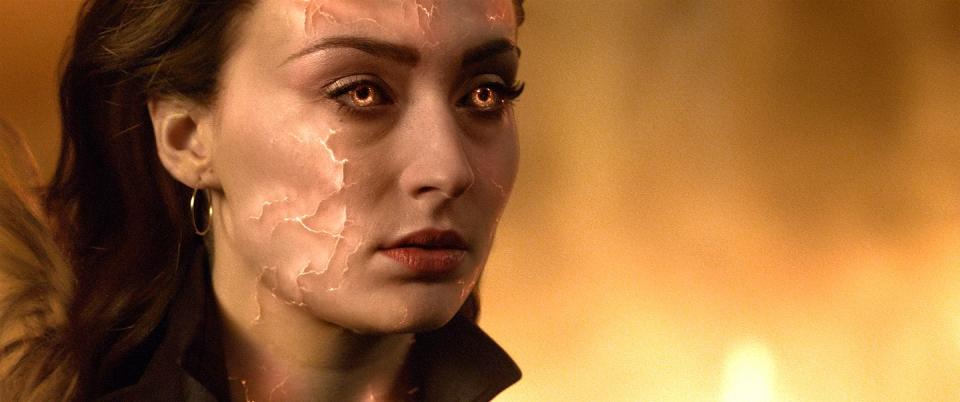
Then you’ve got Tarantula, a humanoid spider with superhuman strength and the ability to climb walls (sound familiar?) and the Scorpion, an immortal individual who changed his identity every few years.
One of the names referenced most since Paul made his announcement is Tiger-Man – perhaps because we're yet to see a cinematic portrayal of a half-man/half-tiger crime-fighter and so it's one Paramount could make their own.
Is he flagship material? Maybe, or perhaps they'll leave that down to Wulf the Barbarian, another figure synonymous with the Atlas brand. Alongside the Satanic server Grim Ghost, he makes for a strong contender.
That said, with his long blonde hair and trademark sword, he’ll need a bit of work to ensure he isn’t just branded a Thor rip-off.
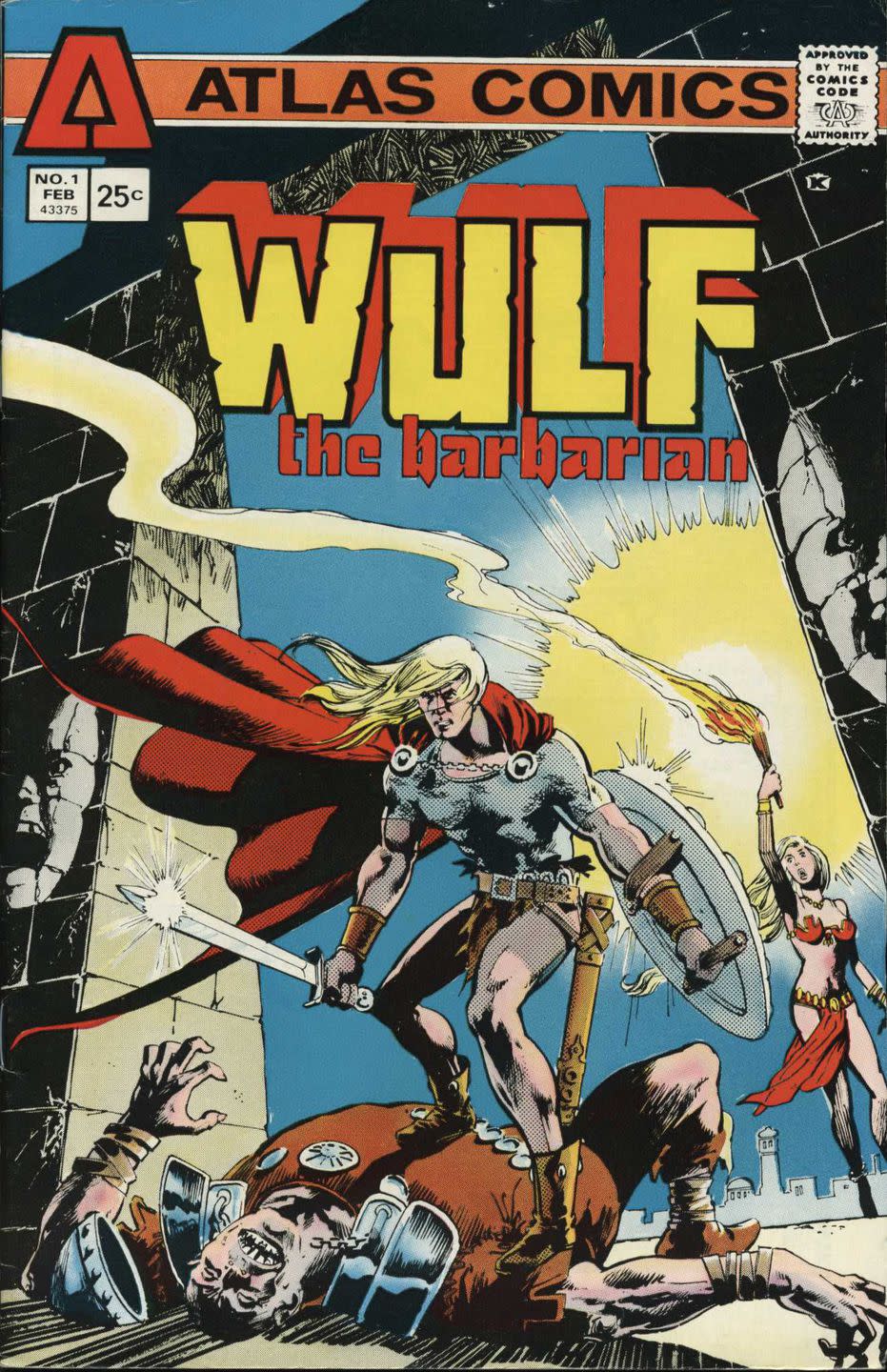
In short, there’s a lot for the team to play with, but they've got their work cut out for them when it comes to avoiding crossovers with the already extensive DC and Marvel cinematic properties.
The team are stoked nonetheless. "Atlas Comics is a treasure chest of classic art characters and storylines," noted Goldsman. "I am more than excited by the prospect of joining Jason Goodman, Steven Paul, Scott Karol, and Spike Seldin in opening it up for the world. We will do our sincere best to satisfy fans old and new."
Once the logistics are nailed down, there's nothing to say they couldn’t go on to become another multi-billion dollar franchise. It's unlikely, but they could even strike up a similar deal to that made between Sony and Disney over their shared property, Spider-Man.
Is a brand new team-up on the horizon? Doubtful – at least not for a very long time.
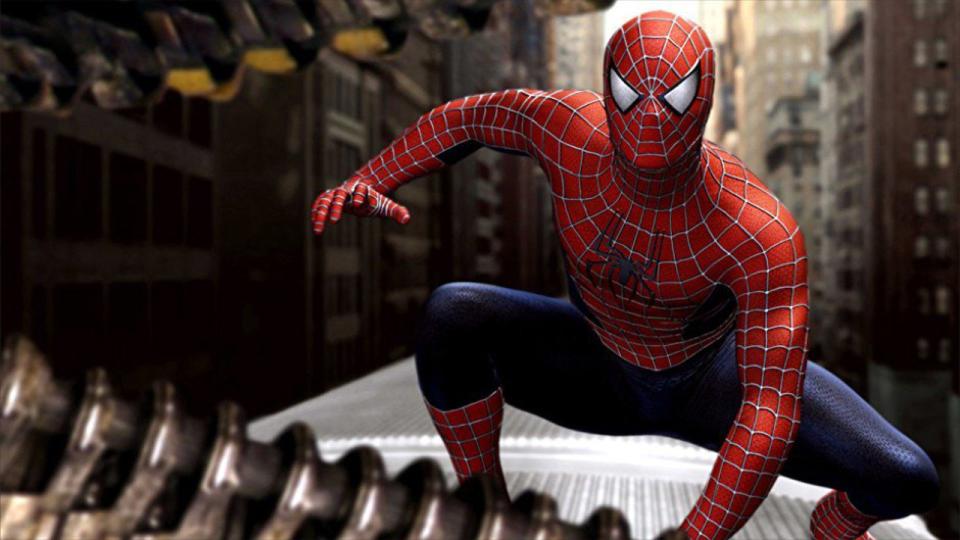
The bottom line is that an Atlas Cinematic Universe is officially go, the plan being to start production on a first movie in the second quarter of 2020 for release in 2021. Following the Marvel model of building up through a series of films towards a climax, at least one Atlas superhero project is on the cards every year following the initial release.
There are countless directions for the team to take with their newly-acquired property, but they’re right to get their plans laid out before then. One wrong move and they’ll dissolve into the background – but if they pull the right strings, the Atlas Cinematic Universe could be Hollywood's next big success story: the little superheroes that could.
Want up-to-the-minute entertainment news and features? Just hit 'Like' on our Digital Spy Facebook page and 'Follow' on our @digitalspy Instagram and Twitter account.
('You Might Also Like',)

 Yahoo News
Yahoo News 
